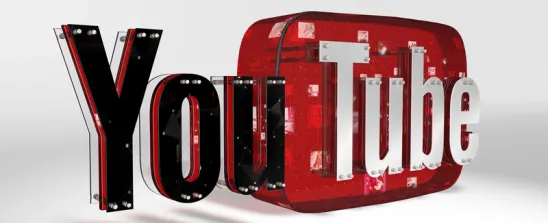In Prager University v. Google LLC, et al., Case No. 18-15712 (9th Cir. Feb. 26, 2020), the Court of Appeals for the Ninth Circuit dismissed a First Amendment lawsuit against YouTube late last week, holding that the video hosting giant is a private forum that is free to foster particular viewpoints – and need not be content-neutral. The victory is a significant message to other online content hosts, aggregators and service providers that they need not feel threatened by censorship claims for selecting and curating content on their systems.
The lawsuit began in 2017, when conservative media company PragerU sued YouTube for imposing restrictions on some of PragerU’s short animated educational videos. YouTube tagged several dozen videos for age-restrictions and disabled third party advertisements on others. PragerU claimed the restrictions constituted censorship because they muted conservative political viewpoints.
Traditionally, the First Amendment regulates only U.S. and state government actors when it comes to censoring speech; it does not touch the actions of private parties. The Ninth Circuit noted that these principles have not “lost their vitality in the digital age.” While this threshold question is not new, PragerU’s approach to this legal hurdle has drawn fresh interest in how courts’ conception of state action might one day shift in order to accommodate the digital re-imagining of a marketplace of ideas.
PragerU argued that YouTube should be treated as something akin to a government where it operates a “public forum for speech.” The theory follows that because YouTube has an overwhelming share of the video sharing and streaming space, it essentially performs a “public function.” The Ninth Circuit affirmed that public use of private resources, even on a large scale, is simply not governmental. Just because YouTube generally invites the public to use its private property (in this case, its platform) for a specific or designated purpose, does not mean that property should lose its private character. Similarly, the Ninth Circuit ruled almost twenty years ago that internet service provider America Online was not a government actor even though it broadly opened its networks to the public to send and receive speech.
PragerU’s theory does enjoy some support. As the Ninth Circuit acknowledged, a private actor is a state or government entity for First Amendment purposes when it performs a public function that is “traditionally and exclusively governmental.” In other words, the First Amendment may well still apply to private companies tasked with operating public elections or even local governmental administrative duties (for example, the proverbial “company town”). But the Ninth Circuit simply did not accept the argument that YouTube’s function of “hosting speech on a private platform” bore any resemblance to “an activity that only governmental entities” traditionally and exclusively perform. After all, noted the Court, even “grocery stores and comedy clubs have opened their property for speech.” Neither was the Court persuaded that the sheer scale of YouTube’s operation – equal to perhaps many millions of grocery stores and comedy clubs – should alter the analysis.
Had the Ninth Circuit adopted PragerU’s approach, it would have been the first major judicial endorsement of the view that a private entity can convert into a public one solely where its property is opened up to significant public discourse. Instead, the Ninth Circuit imposed and upheld a more traditional delineation between public and private actors in First Amendment jurisprudence.




 />i
/>i

